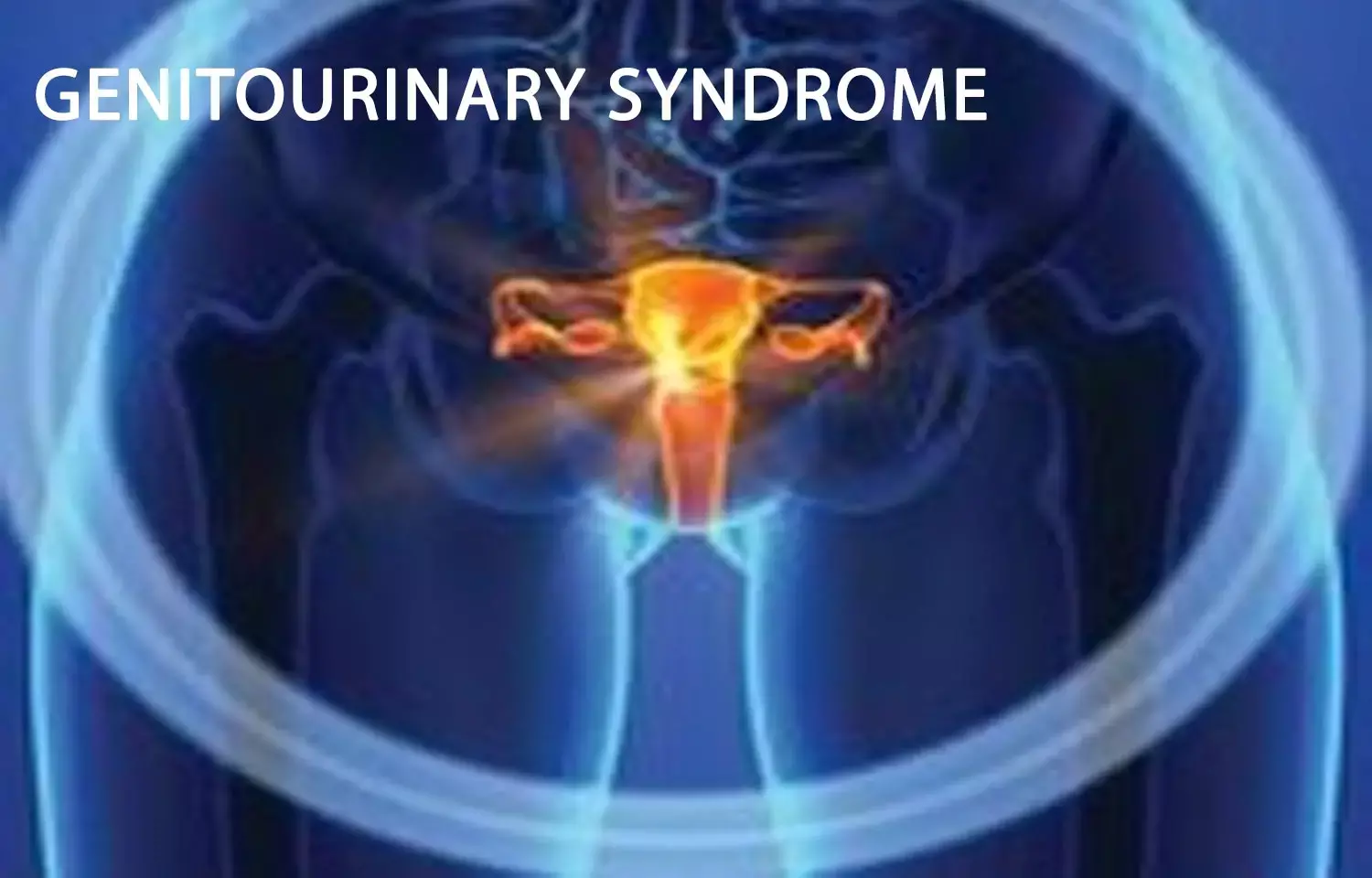- Home
- Medical news & Guidelines
- Anesthesiology
- Cardiology and CTVS
- Critical Care
- Dentistry
- Dermatology
- Diabetes and Endocrinology
- ENT
- Gastroenterology
- Medicine
- Nephrology
- Neurology
- Obstretics-Gynaecology
- Oncology
- Ophthalmology
- Orthopaedics
- Pediatrics-Neonatology
- Psychiatry
- Pulmonology
- Radiology
- Surgery
- Urology
- Laboratory Medicine
- Diet
- Nursing
- Paramedical
- Physiotherapy
- Health news
- Fact Check
- Bone Health Fact Check
- Brain Health Fact Check
- Cancer Related Fact Check
- Child Care Fact Check
- Dental and oral health fact check
- Diabetes and metabolic health fact check
- Diet and Nutrition Fact Check
- Eye and ENT Care Fact Check
- Fitness fact check
- Gut health fact check
- Heart health fact check
- Kidney health fact check
- Medical education fact check
- Men's health fact check
- Respiratory fact check
- Skin and hair care fact check
- Vaccine and Immunization fact check
- Women's health fact check
- AYUSH
- State News
- Andaman and Nicobar Islands
- Andhra Pradesh
- Arunachal Pradesh
- Assam
- Bihar
- Chandigarh
- Chattisgarh
- Dadra and Nagar Haveli
- Daman and Diu
- Delhi
- Goa
- Gujarat
- Haryana
- Himachal Pradesh
- Jammu & Kashmir
- Jharkhand
- Karnataka
- Kerala
- Ladakh
- Lakshadweep
- Madhya Pradesh
- Maharashtra
- Manipur
- Meghalaya
- Mizoram
- Nagaland
- Odisha
- Puducherry
- Punjab
- Rajasthan
- Sikkim
- Tamil Nadu
- Telangana
- Tripura
- Uttar Pradesh
- Uttrakhand
- West Bengal
- Medical Education
- Industry
New Position Statement on Genitourinary syndrome released by NAMS

CLEVELAND, Ohio --The North American Menopause Society (NAMS) has announced publication of its 2020 Genitourinary Syndrome of Menopause (GSM) Position Statement. The position statement is available online and will be published in the latest issue of Menopause, the journal of NAMS.
The new recommendations reflect the healthcare community's most recent and proven safe and effective therapies for treating women with GSM, including intravaginal dehydroepiandrosterone (DHEA), oral ospemifene, and a low-dose estradiol vaginal insert.
Genitourinary syndrome of menopause affects approximately 27% to 84% of postmenopausal women and can significantly impair health, sexual function, and quality of life. Unfortunately, it remains underdiagnosed and undertreated, leaving many women to suffer silently. The most commonly reported symptoms include irritation of the vulva, inadequate vaginal lubrication, burning, dysuria, dyspareunia, and vaginal discharge.
In developing the new position statement, NAMS reviewed current data on a wide variety of proposed treatments to determine their efficacy and safety before making recommendations. According to the 2020 position statement, first-line therapies for less-severe symptoms include nonhormone vulvar and vaginal lubricants with sexual activity and long-acting vaginal moisturizers used regularly. Prescription therapies include low-dose vaginal estrogens, vaginal DHEA inserts, and oral ospemifene. For women with moderate to severe dyspareunia associated with GSM and with concurrent vasomotor symptoms, transdermal and oral hormone therapy are effective options.
The position statement additionally points out that long-term studies on the endometrial safety of vaginal estrogen, vaginal DHEA, and ospemifene are lacking. In addition, NAMS believes there are insufficient placebo-controlled trials of energy-based therapies, including laser, to draw conclusions on their efficacy and safety or to make treatment recommendations for those devices.
"Since our last position statement on this topic published in 2013, there have been important additions in terms of safe and effective therapeutic options for women with GSM," says Dr. Stephanie S. Faubion, NAMS Medical Director and member of the Editorial Panel of the Position Statement. "NAMS has reviewed existing data on these therapies as well as on emerging treatment modalities such as energy devices. What hasn't changed is that GSM remains underdiagnosed and undertreated and continues to be a significant quality-of-life issue for women. NAMS endorses educating about and screening for GSM in all perimenopausal and postmenopausal women."
The new position statement can be found online at https://www.menopause.org/
Dr Kamal Kant Kohli-MBBS, DTCD- a chest specialist with more than 30 years of practice and a flair for writing clinical articles, Dr Kamal Kant Kohli joined Medical Dialogues as a Chief Editor of Medical News. Besides writing articles, as an editor, he proofreads and verifies all the medical content published on Medical Dialogues including those coming from journals, studies,medical conferences,guidelines etc. Email: drkohli@medicaldialogues.in. Contact no. 011-43720751


